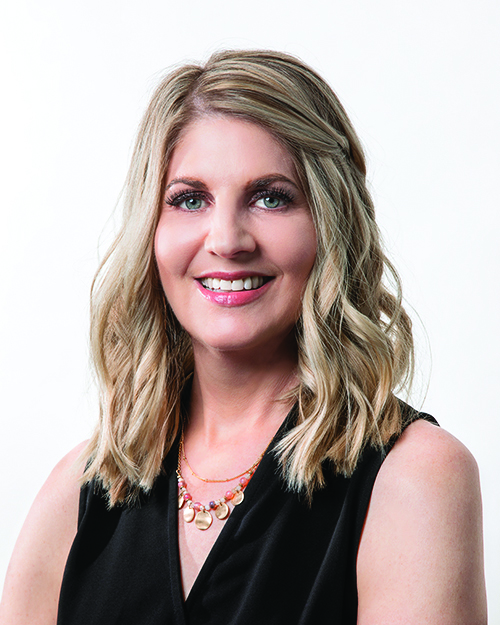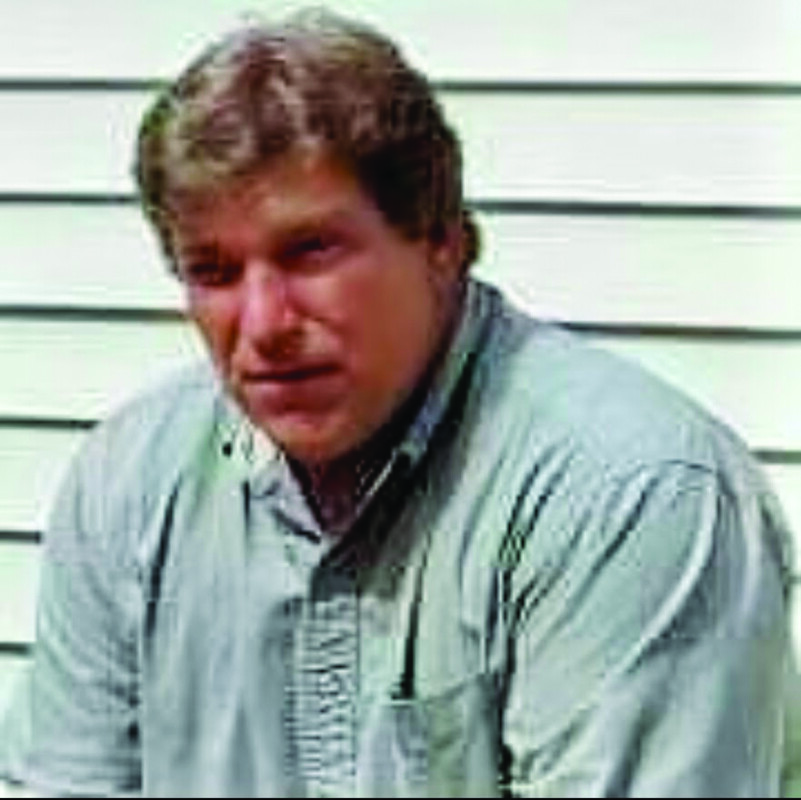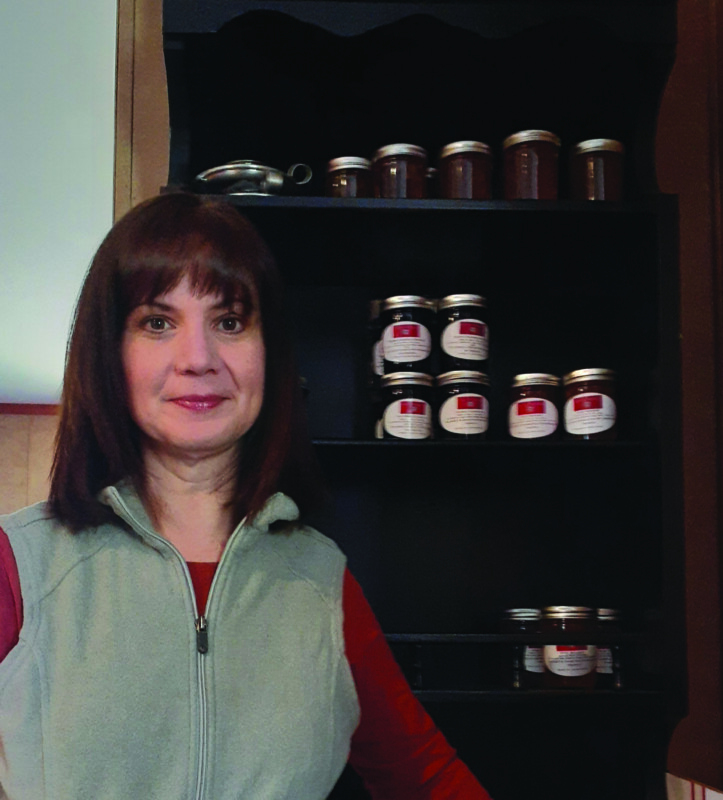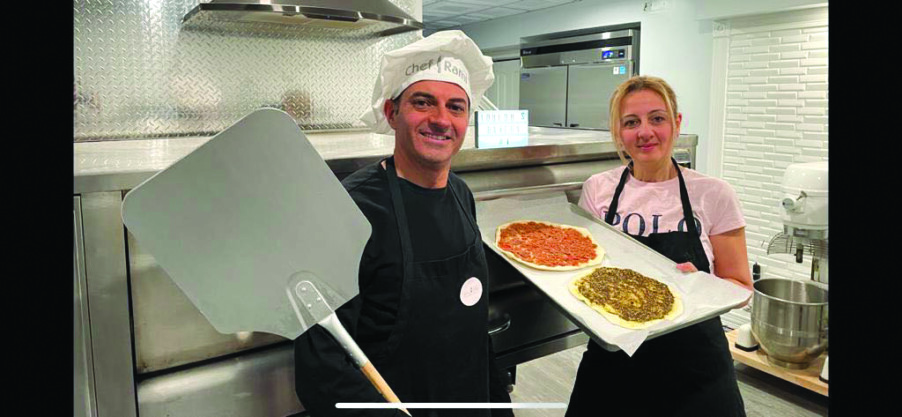Missy Gaffney
Esthetician and business owner
Missy Gaffney is an esthetician and owner of three health and beauty businesses — The Skin & Body Spa, The Hair Company and The Medical Skin Clinic — all located in Nashua.
Explain your job.
It’s different every day. I could be interviewing [potential employees], proofing or brainstorming marketing plans, ordering [products] or meeting with the managers and delegating [tasks]. … I constantly have my face around at all the different businesses, interacting with all of our employees and making sure everything is perfect for the clients.
How long have you had this job?
We’ve had The Skin & Body Spa for almost 14 years, The Hair Company for almost six years, and The Medical Skin Clinic for almost two years.
What led you to this career field and your current job?
I struggled with acne myself as a kid, so my mom would bring me to get facials and get good skin care products to help my skin, and I really noticed such a huge difference. I always had the dream of one day being an esthetician and helping people like myself [improve] their skin and boost their confidence. I worked as an esthetician for other [businesses] for years, but I always had a vision of opening my own, and that I could [run] it really well.
What kind of education or training did you need?
I have a bachelor of science degree, and then I went to esthetics school for 450 hours. … I was constantly going to continuing education classes after that, and still go to a lot of conferences on spa management and business management.
What is your typical at-work uniform or attire?
Business-casual.
How has your job changed over the last year?
We’ve had to really home in on what we need to do to create a safe and comfortable environment for our clients as well as our team members, without getting too overwhelmed. It has taken a lot of patience and research and being proactive to make sure that we always have all the right policies and the proper PPE.
What do you wish you’d known at the beginning of your career?
To not get worked up over every little thing that goes wrong. There are always going to be problems, and there are always going to be solutions. Think, ‘How am I going to solve this?’ instead of stressing out about it.
What do you wish other people knew about your job?
Some people are scared [to go to a spa] because they think it’s going to be a snobby environment, but I would want them to know that they never have to worry; we’re very non-judgmental, and very good at putting people at ease and making them feel very welcome.
What was the first job you ever had?
Working in a clothing store, folding clothes.
What’s the best piece of work-related advice you’ve ever received?
When you’re stressing about something, ask yourself, ‘Is this really going to matter in five years?’ If it’s not, it’s easier to let it go.
Five favorites
Favorite book: Tuesdays with Morrie
Favorite movie: The Sound of Music
Favorite music: Folk
Favorite food: Japanese
Favorite thing about NH: All the options; I can get to a little historic town, skiing [destination], Boston or the beach without a lot of [travel] time.
Featured photo: Missy Gaffney






